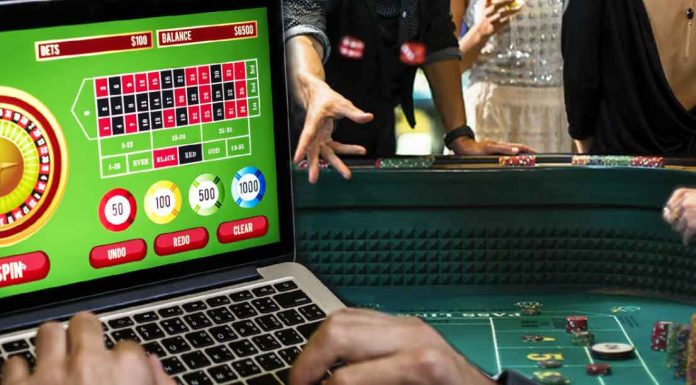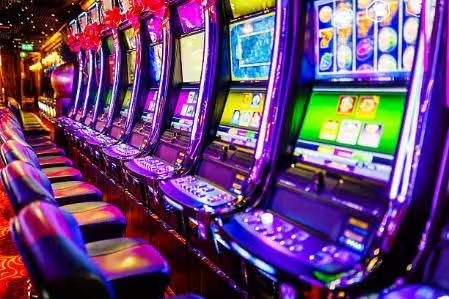Cultural Insights on Gambling: Navigating Risk in Entertainment
Cultural Aspects of Risky Entertainment: How Different Cultures Perceive Gambling and Risk
Gambling has long been a part of human history, yet the perception of risk and entertainment surrounding it differs significantly across cultures. In many societies, gambling is viewed as a legitimate form of entertainment, while in others, it is often seen as an immoral activity. These attitudes are shaped by a variety of factors, including religious beliefs, economic conditions, and social norms.
For instance, in Western countries like the United States and much of Europe, gambling is largely considered a recreational activity. Casinos and betting shops are widely available, and the industry is heavily regulated to ensure fair play and responsible gambling. At the same time, cultures with strong religious traditions, such as those in the Middle East, often take a more conservative stance on gambling, considering it to be a risky and morally questionable activity. Despite these restrictions, illegal gambling persists in many regions. The varied perception of gambling across cultures highlights the importance of understanding cultural contexts when discussing risk-related entertainment. One can observe how different approaches are adopted even in online environments, including platforms like 7 Slots giriş.
How Religion Shapes Attitudes Towards Gambling
Religious influence plays a crucial role in determining whether gambling is accepted in a given culture. In Islamic nations, for example, gambling is explicitly prohibited under Sharia law, and it is considered sinful. On the contrary, in countries with predominantly Christian populations, gambling is often tolerated, though it may be restricted or regulated. These religious beliefs deeply affect not only how individuals engage with gambling but also how laws are created and enforced to manage the risks associated with it.
In East Asian cultures, such as in China and Japan, gambling also has a complex cultural background. Historically, Chinese culture has been more accepting of gambling, although it is officially banned in many areas today. Nevertheless, lottery systems and special administrative regions like Macau provide legal gambling options. Japan’s attitude is more restrictive, with only certain types of gambling, like pachinko and horse racing, being allowed. In these cases, the perception of risk is closely tied to government regulation and societal acceptance.
The Economic Impact of Risky Entertainment
The economic context in which gambling operates also plays a role in shaping cultural perceptions. In countries where the economy is heavily reliant on tourism, such as Monaco or Macau, gambling is not only accepted but encouraged as a vital part of the economy. In these places, gambling is seen as a high-stakes form of entertainment that contributes to job creation and infrastructure development. However, in developing countries where poverty and inequality are prevalent, gambling can be perceived as an exploitative practice, preying on those who can least afford to lose money.
Cultural and economic factors also determine how gambling-related risks are managed. Some governments invest heavily in responsible gambling campaigns and treatment for gambling addiction, while others offer little in terms of support or regulation. As a result, the cultural acceptance of gambling is closely tied to how risks are perceived and managed within a society.







